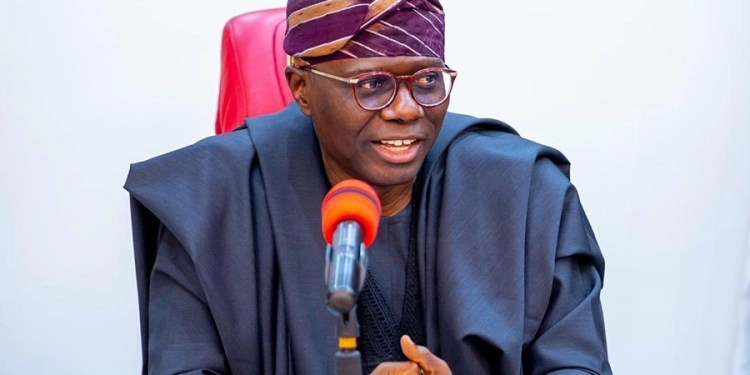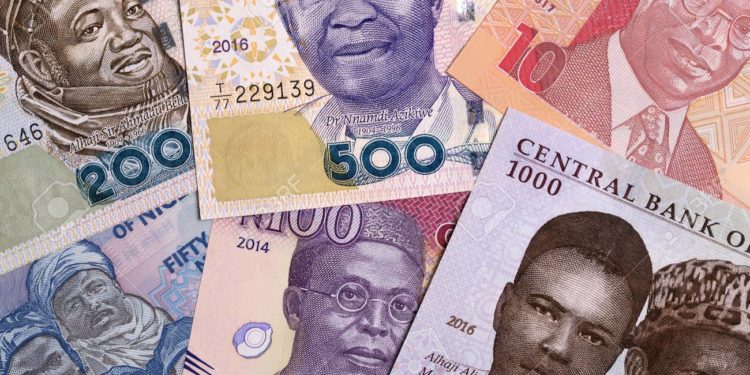The Nigerian Bureau of Statistics has confirmed that Nigeria’s public debt grew at a rate of 75.27% on a quarter-on-quarter basis.
The NBS disclosed this on Thursday in its Domestic and Foreign Debt report for Q2 2023.
The report noted that Nigeria’s public debt stock which includes external and domestic debt stood at N87.38 trillion (US$113.42 billion) in Q2 2023 from N49.85 trillion (US$ 108.30 billion) in Q1 2023, indicating a growth rate of 75.27% on a quarter-on-quarter basis, they added:
- “Total external debt stood at N33.25 trillion (US$43.16 billion) in Q2 2023, while total domestic debt was N54.13 trillion (US$70.26 billion).
- “The share of external debt (in naira value) to total public debt was 38.05% in Q2 2023, while the share of domestic debt (in naira value) to total public debt was 61.95%.
States by state debt
The report added that Lagos state recorded the highest domestic debt in Q2 2023 with N996.44 billion, followed by Delta with N465.40 billion.
- “Jigawa state recorded the lowest domestic debt with N43.13 billion, followed by Kebbi with N60.94 billion.
- “ Lagos state recorded the highest external debt with US$ 1.26 billion, followed by Kaduna with US$569.38 million.
- “Borno state had the least external debt with US$18.75 million, followed by Taraba with US$21.92 million.
In dollar terms the total external debt hit $43.159 billion in q2, followed by domestic debt of $70.264 billion.
Lagos state domestic debt was recorded at N996.4 billion, as the total domestic debt for states was N5.8 trillion for the quarter, meanwhile the Fderal Capital, FCT recorded domestic debt of N84.773 billion
DMO
The DMO had reported earlier that Nigeria’s total public debt soared to N87.38tn by the close of the second quarter of 2023.
Components of Public Debt
The DMO, in its recent report, confirmed that this debt encompasses the N22.71tn Ways and Means Advances extended by the Central Bank of Nigeria (CBN) to the Federal Government.
As stated by the DMO,
- “Nigeria’s total public debt stock as of June 30, 2023, was N87.38tn ($113.42bn). It comprises the total domestic and external debts of the Federal Government of Nigeria, the thirty-six states, and the Federal Capital Territory.”
Furthermore, the DMO highlighted the significant addition to the Public Debt Stock, attributing it to the inclusion of the N22.712tn securitized Federal Government’s Ways and Means Advances.
Factors Contributing to Debt Growth
The report acknowledges that the expansion of Nigeria’s public debt is primarily due to various factors, including
New Borrowings- Both the Federal Government and sub-national entities have notably increased their borrowing activities from local and external sources.
Reforms- The report underscores ongoing reforms initiated by the present administration, along with potential reforms resulting from the recommendations of the Fiscal Reform and Tax Policies Committee, to enhance debt strategy and sustainability.
























